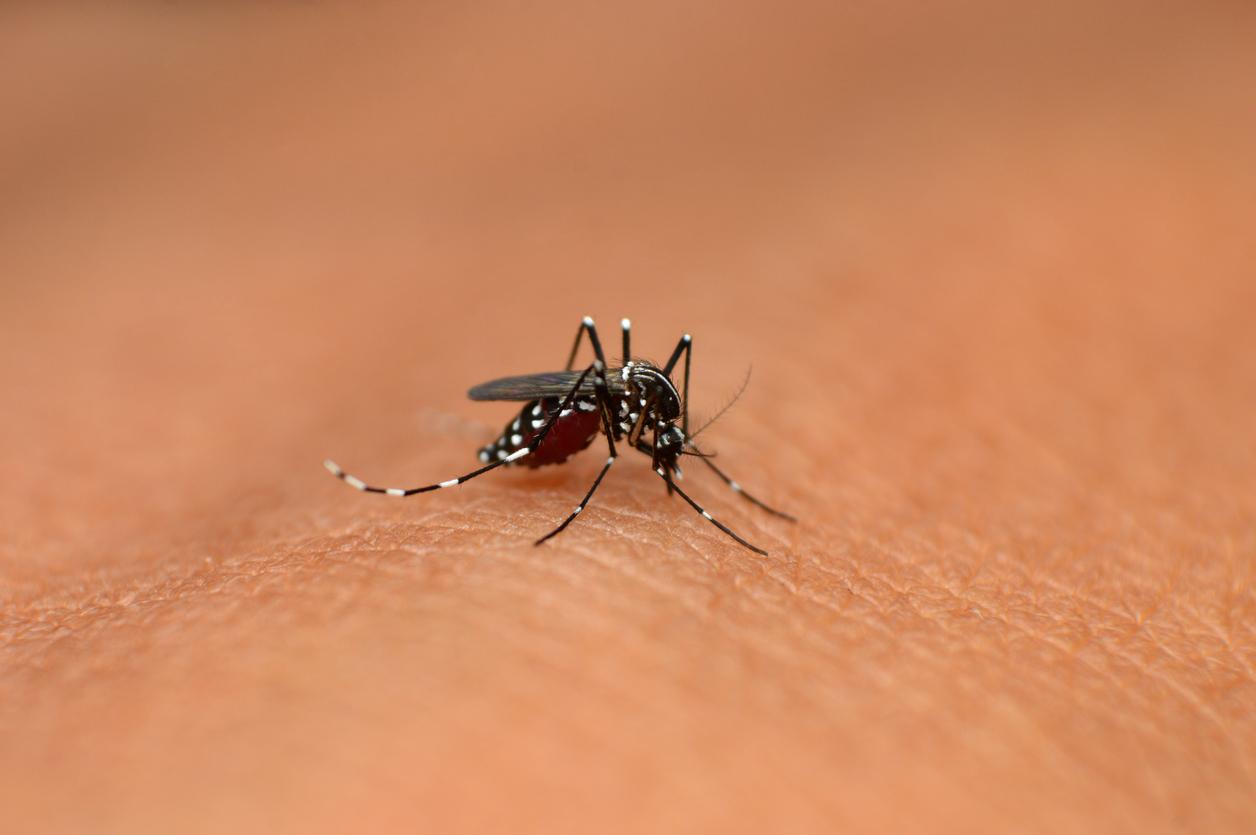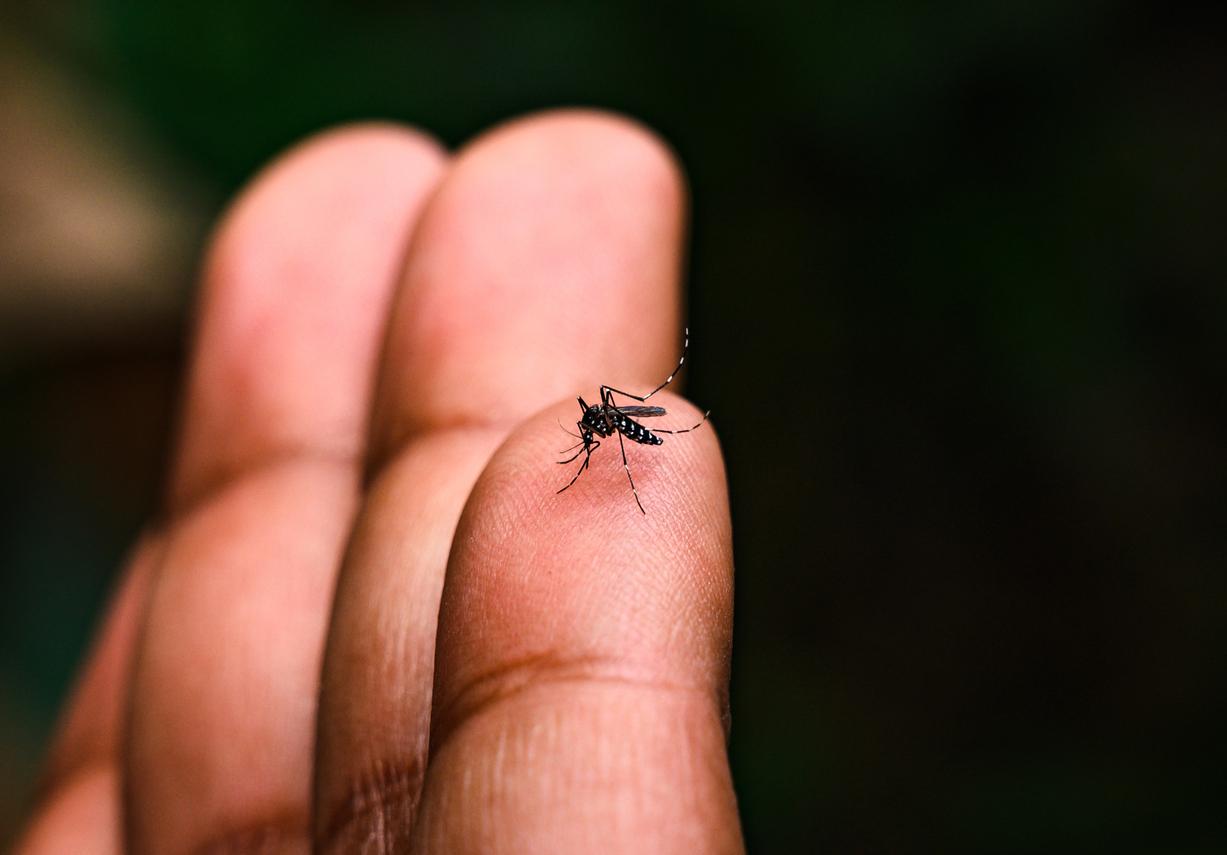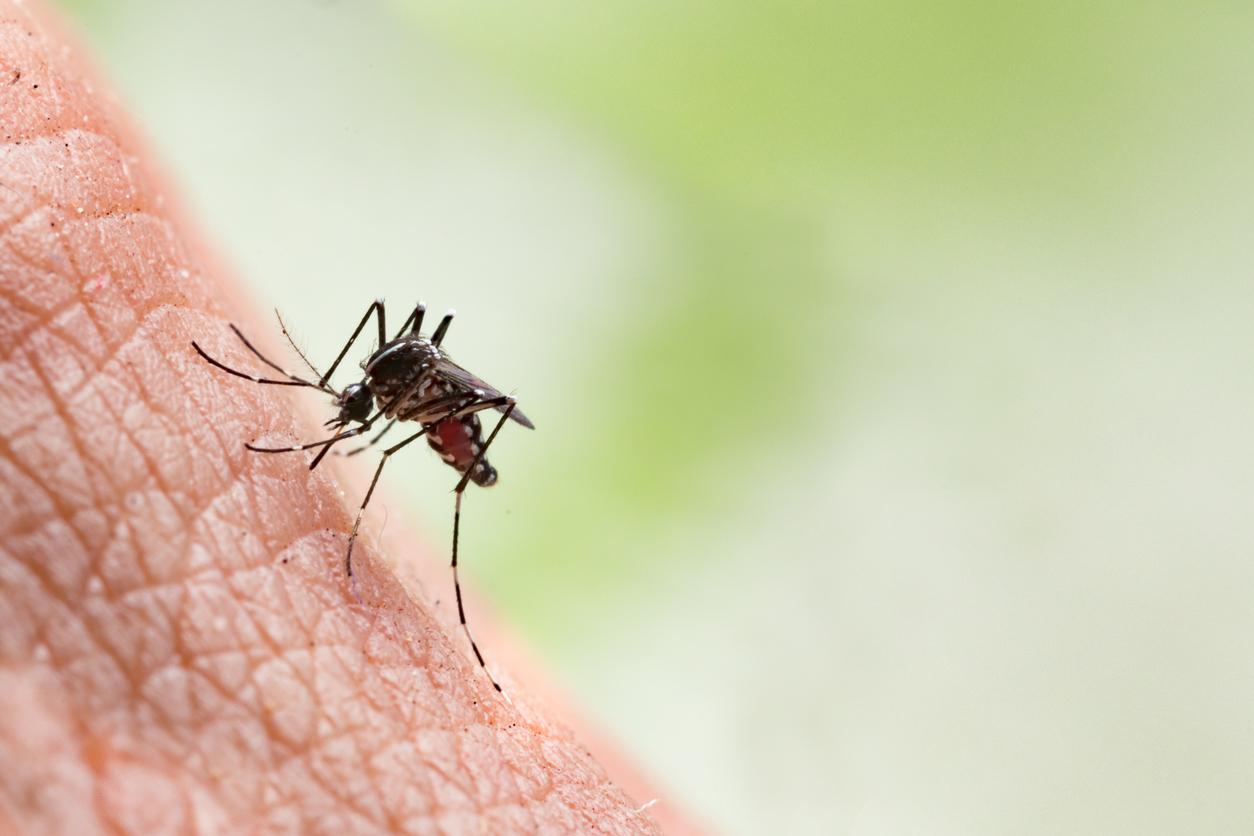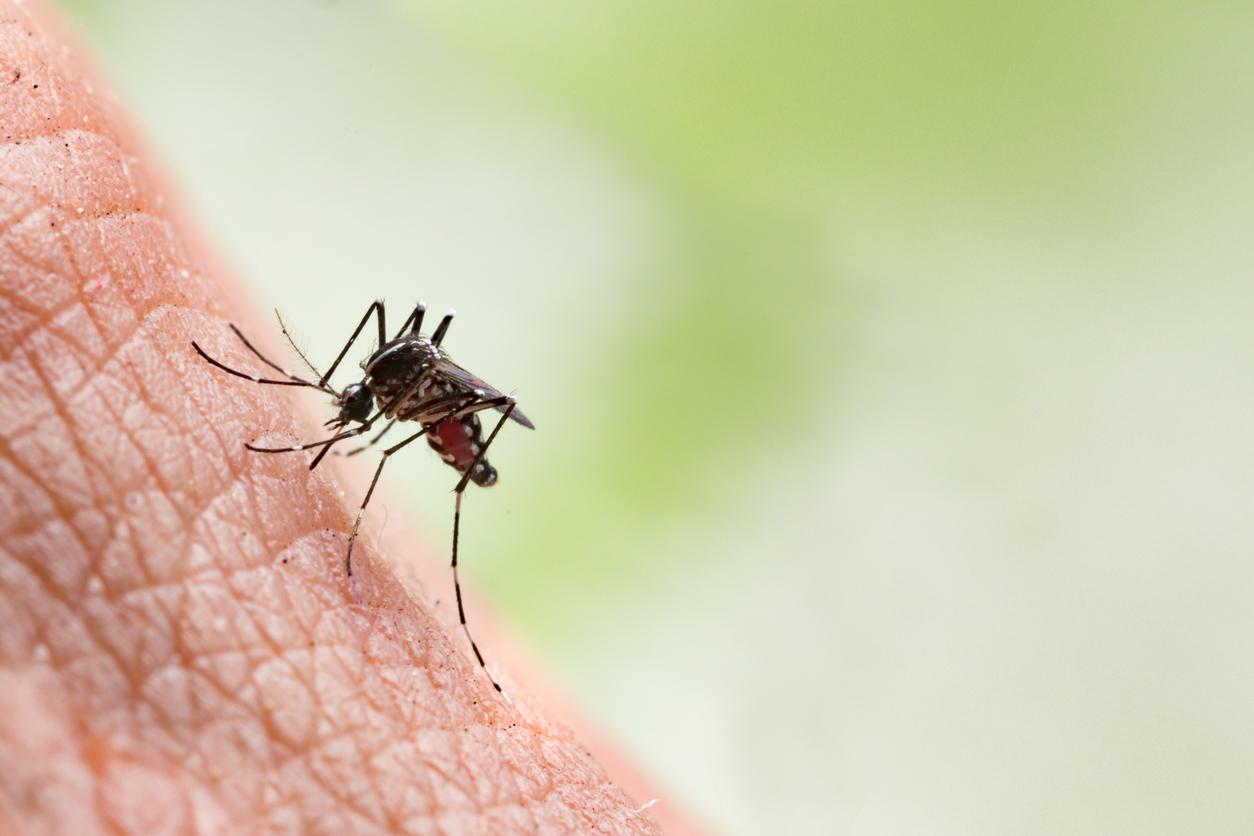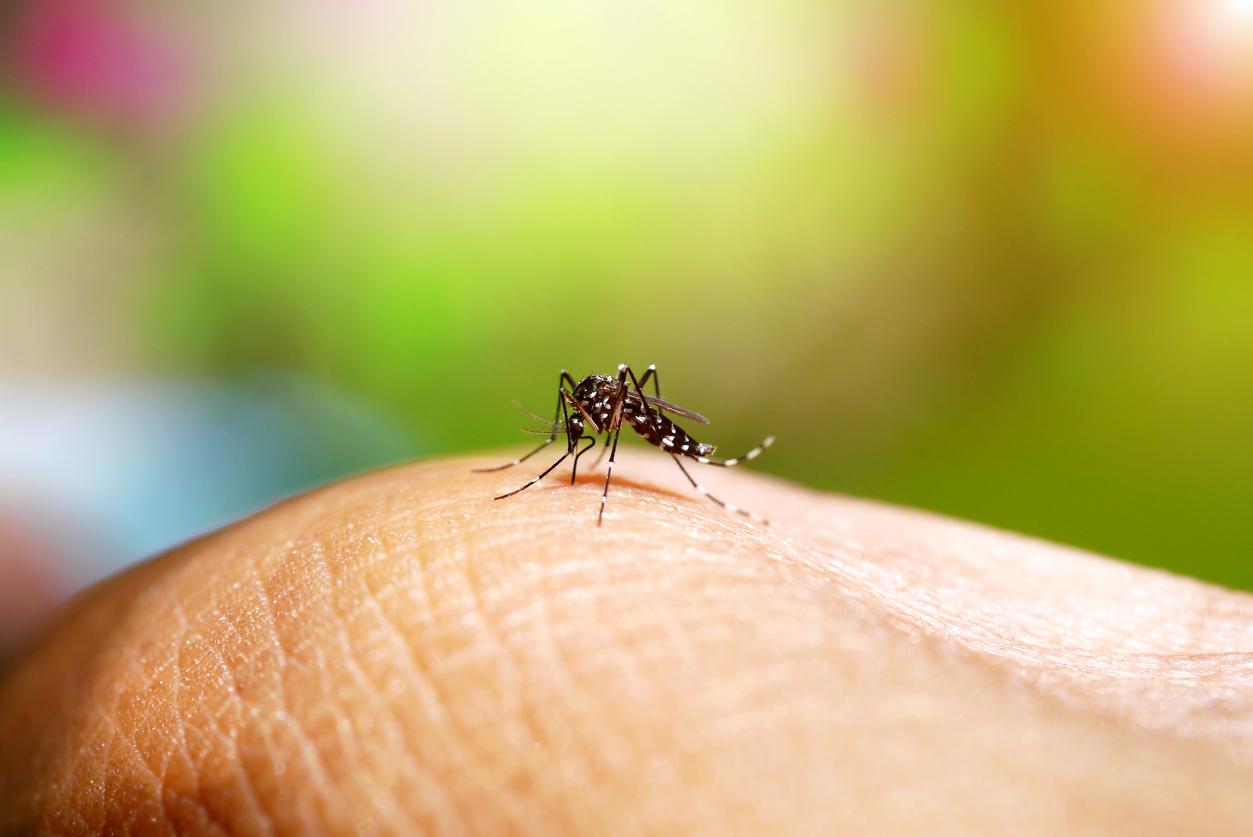Genetically modified mosquitoes have been introduced into the wild to prevent the transmission of viruses that cause diseases like dengue and chikungunya.
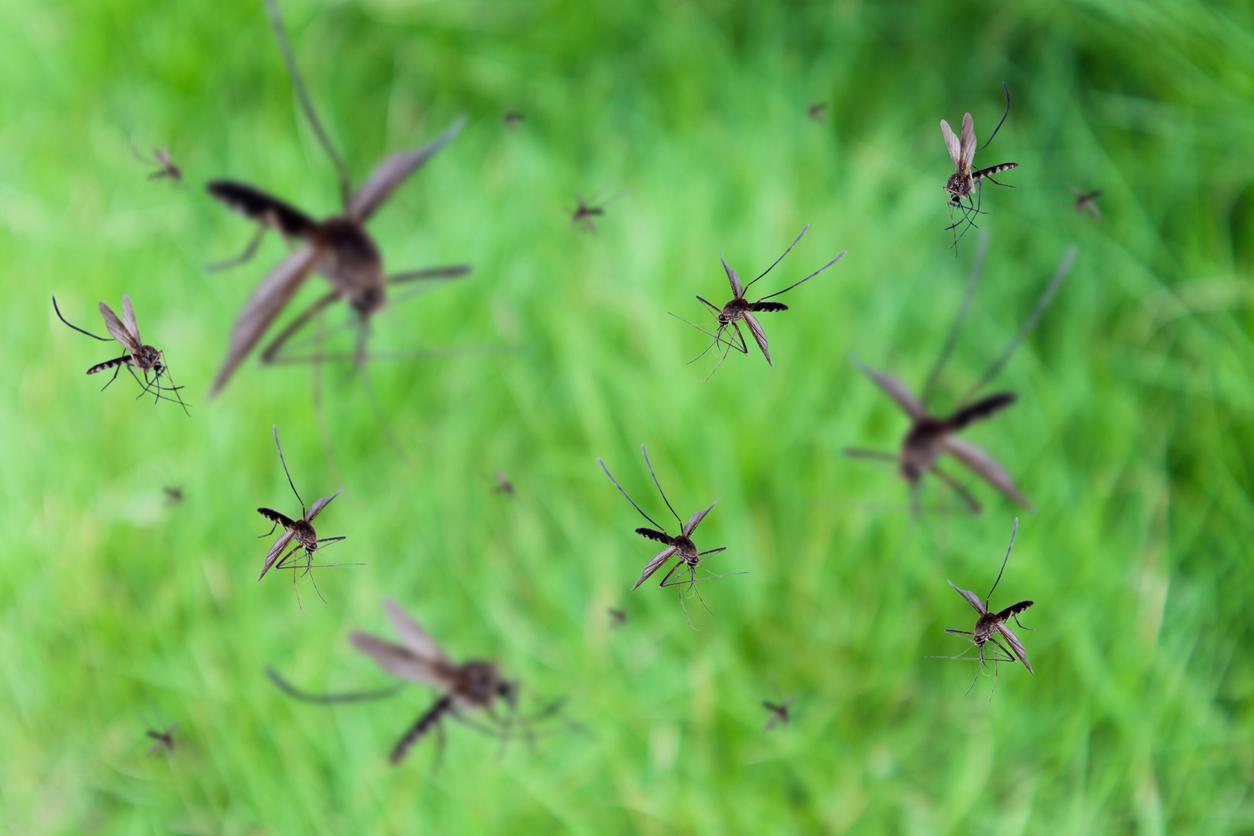
- More than a million cases of dengue fever were reported in Brazil in the first two months of the year, an increase of 226% compared to the same period in 2023.
- The authorities have decided to release mosquitoes infected with the Wolbachia bacteria into the wild, which has the ability to prevent the transmission of viruses responsible for tropical diseases such as dengue. These male mosquitoes, carrying a deadly gene for their female offspring, are thus designed to reduce the population of Aedes aegypti mosquitoes, vectors of the disease to humans.
- This strategy would reduce the mosquito population in treated areas by up to 90%. It was in March 2023 that Brazil, in partnership with the World Mosquito Program (WMP), announced the launch of a breeding of 5 billion mosquito eggs per year intended for this somewhat crazy project, to a rate of up to 100 million per week.
Fight the mosquito with… the mosquito. While Brazil is currently hit by a historic dengue epidemic, the country’s authorities have decided to deploy major means to try to stop the spread of the viral disease: the introduction of billions of genetically modified mosquitoes.
High fevers, headaches, nausea, skin rashes… More than a million cases of dengue were reported during the first two months of the year, an increase of 226% compared to the same period in 2023. A threat that has pushed around a hundred cities, including the capital Brasilia and Rio de Janeiro, to declare a state of health emergency.
Mosquitoes carrying a deadly gene for their female offspring
At the beginning of March, in response to this crisis, the authorities decided to release mosquitoes previously infected with bacteria of the genus Wolbachia, which has the ability to prevent the transmission of viruses responsible for tropical diseases such as dengue, chikungunya, Zika and yellow fever. These male mosquitoes, carrying a deadly gene for their female offspring, are thus designed to reduce the mosquito population Aedes aegyptivectors of disease to humans.
The principle is simple: the number of infected mosquitoes must increase as they reproduce with wild mosquitoes and contaminate them with Wolbachia. Their offspring will then present a minimal risk of transmitting the viruses responsible for the diseases. Not considering “the bacteria drastically reduces the number of mosquitoes capable of transmitting this type of virus” because, when an infected male mates with a healthy female, the latter becomes sterile, underlines an expert Overseas The First (Guyana). This strategy, already tested in the United States in 2021, would reduce the mosquito population in treated areas by up to 90%.

5 billion genetically modified mosquito eggs per year
It is in March 2023 that Brazil, in partnership with the World Mosquito Program (WMP), had announced the launch of a breeding of 5 billion mosquito eggs per year intended for this somewhat crazy project, at a rate of up to 100 million per week. According to a WMP press release published almost a year ago, “Wolbachia technology has already been introduced in 12 countries”, including Brazil, Australia and France (in New Caledonia), “protecting nearly 11 million people to date.”
As mentioned by Futura Scienceshowever, some experts say they are concerned about “the potential impact on the ecosystem” And “fear that genetically modified mosquitoes could survive and breed in the wild, creating an even more robust population“. Likewise, what about future repercussions on the food chain, when mosquitoes are a source of food for a number of animals? In the meantime, there is no danger to people, according to authorities.








